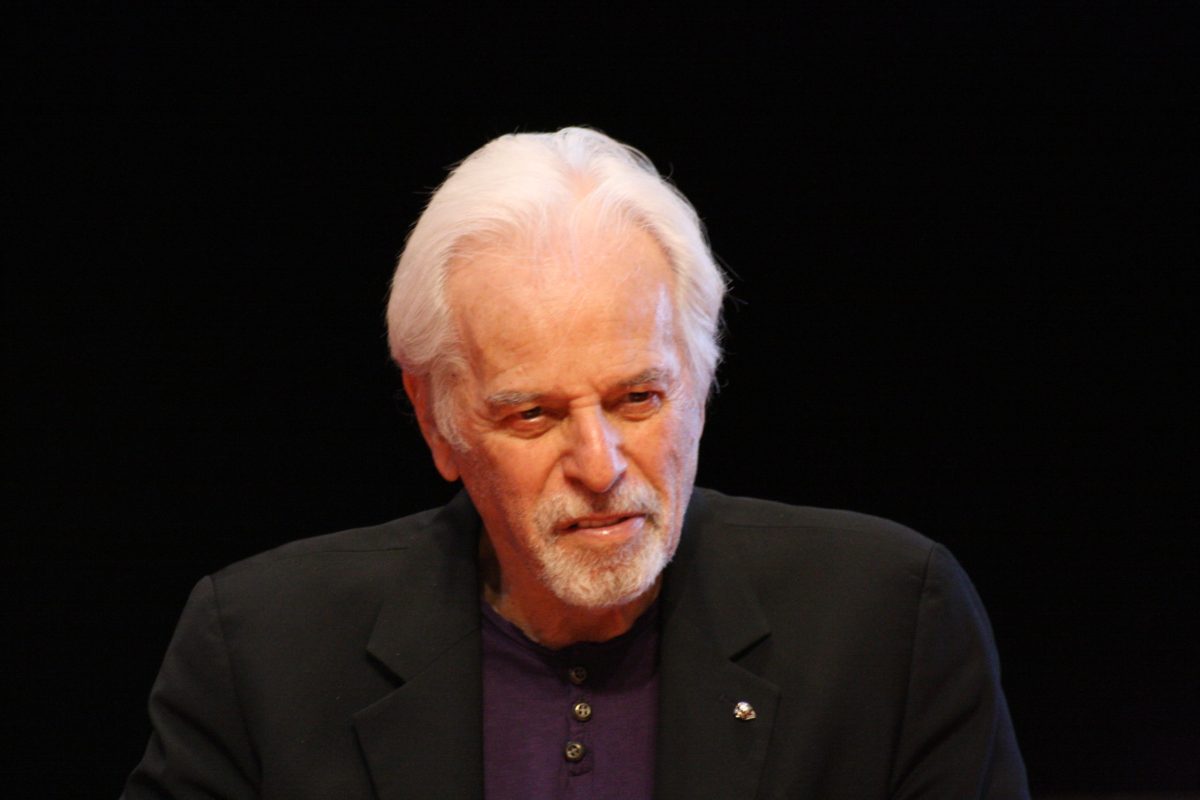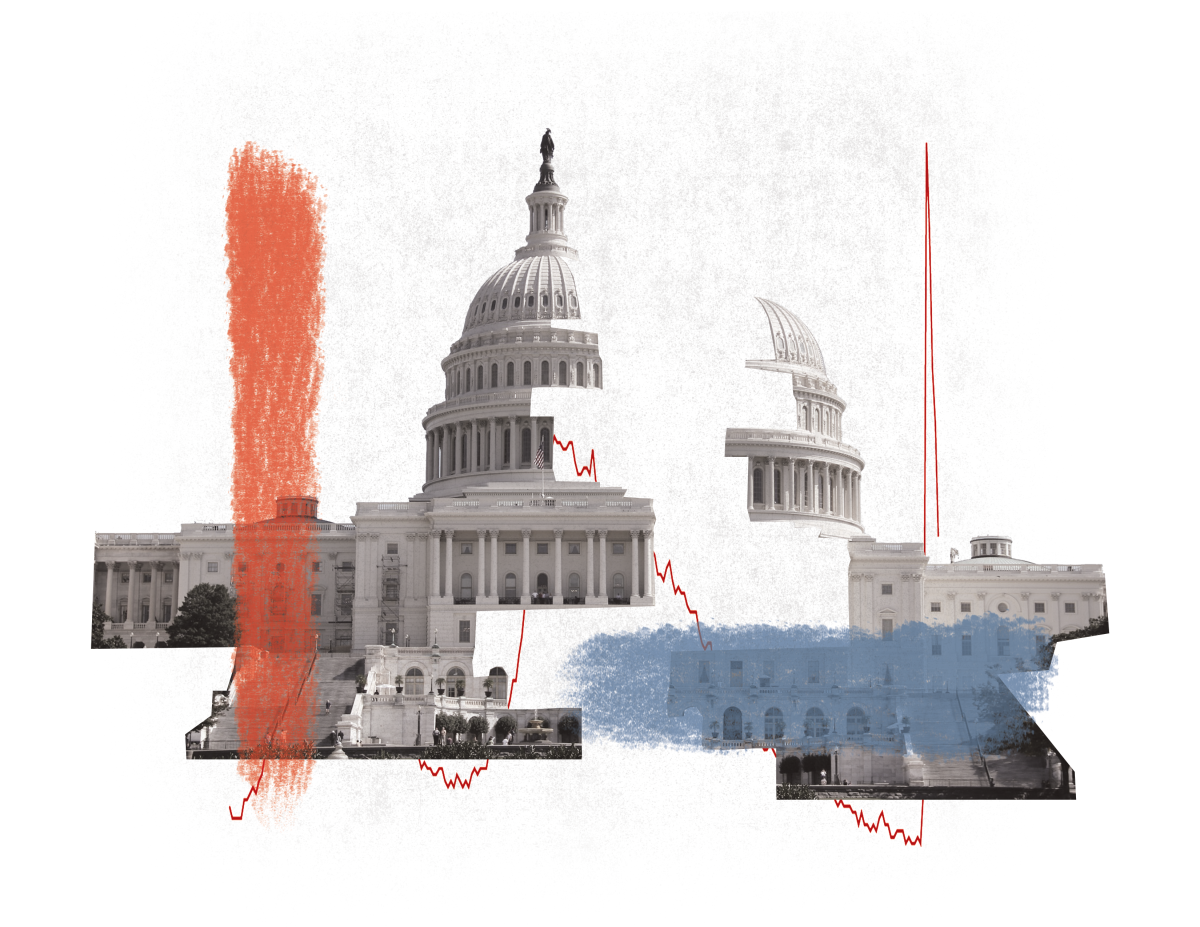By Ianiz Patchedjiev
The results of the Iowa caucus set the stage for numerous candidate dropouts and increased confrontations on both sides. With every remaining candidate seeking to bolster their delegate count in the coming days, they look to the New Hampshire primary on February 9.
The results of the Republican Caucus came as a bit of a shock to everyone. Not only was the country surprised to see Trump coming second to Cruz after leading polls for months but very few expected Marco Rubio to score over twenty three percent of the vote when he snatched third place. Trump’s initial reaction to this blunder was a rare show of regret, with the real estate mogul pinning his failure in Iowa to his decision to skip the most recent Fox News debate. Yet, he was back to his old self when he called Cruz out on Twitter for “stealing” Iowa before demanding a redo or nullification of the primary.
However, for anyone that was not Trump, Cruz, or Rubio, the results at Iowa meant it was time to drop out. Candidates Mike Huckabee, Rand Paul, and Rick Santorum all dropped out, leaving candidates like Jeb Bush and Chris Christie to reconsider their strategies. Such was the case when former neurosurgeon Ben Carson decided to slash his campaign staff’s salary and fire some employees in an effort to save money. Jeb Bush, the former frontrunner, certainly appeared frustrated with the whole ordeal, especially when he desperately asked his audience to clap for him at a recent rally in NH. Overall, Iowa made it clear that it was divided over who should win the Republican nomination; will New Hampshire do the same?
The results of the Iowa Caucus also had a resounding effect on the Democrats. Voters were incredibly split over Sanders and Clinton as signaled by Clinton’s lead of 0.3% of the vote. Notably, Martin O’Malley decided to exit the race, leaving Clinton and Sanders to fight it out. This, along with Clinton’s razor-thin victory signals only one thing: that the candidates would have to aggressively confront one another if they hope to receive the nomination. This was indeed the case during a televised New Hampshire Town Hall last Wednesday and an MSNBC debate the day after. Clinton, amid an uproar of boos, called out Sanders for his “artful smears” that suggest she is a moderate candidate bought out by the establishment. Yet despite their increasing quarreling, the two still managed to find time to compliment each other, a practice long forgotten in Republican Primaries.
Unlike in Iowa, polls show that Sanders leads Clinton by at least fifteen points in most New Hampshire polls. And with the second primary growing closer every day, Sanders may just get the victory he has long sought.




























